One of the important things about the welding industry is the pipeline, mainly for power plants, industrial facilities, and other commercial buildings. Pipeline welding is repairing and assembling metal pipes, tubes, and plumbing through different welding processes needed on the infrastructures. It’s a big industry in the United States; many people are interested in getting into this career field. So, here’s a guide to getting into pipeline welding.
1. Identify the Qualifications Needed for a Pipeline Welder
Industries don’t hire someone without a certification, proving that they are trained and authorized to work on things in a pipeline welding job. This field of work requires formal training and assessment to be a certified welder, which is necessary when applying for this job.
If you’re interested in taking this career path, keep in mind that you must have a high school diploma to qualify for the job. Other requirements are listed below;
- You should know how to interpret the schematics of pipeline welding. (mechanical drawing and blueprints)
- You need experience in handling all welding tools and equipment.
- You should have undergone specialized training in automatic and manual welding processes.
2. Enroll in an Excellent Welding Training Institution
To become an expert in the pipeline welding industry, you need to gain knowledge and undergo different training sessions with the professionals. It’s best to enroll yourself in a welding course that can harness your expertise in this field.
As you gather the knowledge, you need to get a certification for the job. You can start looking for a company that will make you an apprentice to enhance your skills in your welding career.
There are many welding courses you can get at the different welding institutions. However, it’s always best to research them first to pick the best training school of your choice.
3. Strengthen Your Skills on Different Welding Processes
Pipeline welding entails intensive skills in all welding processes. A pipe welder needs to strengthen their expertise to handle all the complicated tasks a professional must face. They should know these processes, especially gas tungsten arc welding (GTAW) and shielded metal arc welding (SMAW). These two are the most important welding processes because they are commonly done in the nuclear, oil, gas, and chemical industries.
Reach Out to Our Professional Trainers
To pursue your welding career, always consult experts from the industry. Start your welding career journey at Lynne’s Welding Training. We offer courses and trainings in our locations at Fargo and Bismarck, North Dakota and in Ramsey, Minnesota. Contact our professional trainers today so we can assist you in enrolling in the GTAW pipe welding course we offer.
